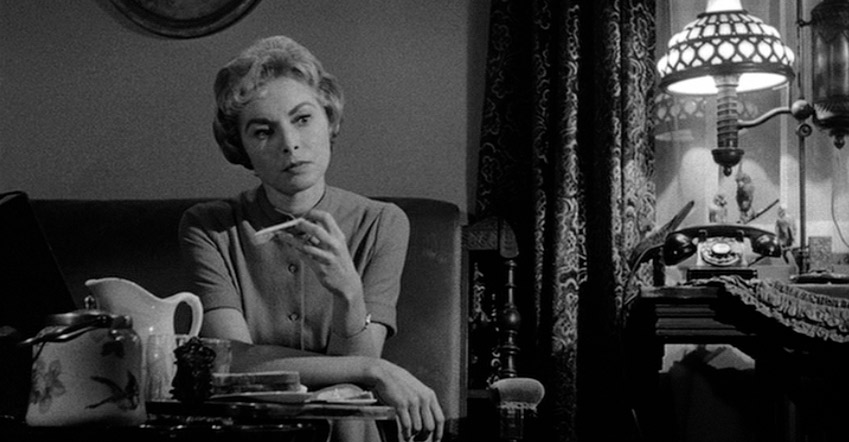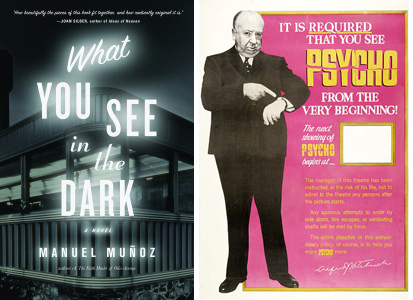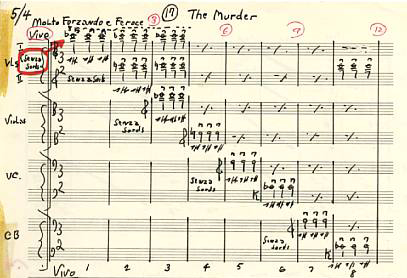Distant Relatives: Psycho and Contagion
 Thursday, September 29, 2011 at 12:01AM
Thursday, September 29, 2011 at 12:01AM Robert here with my series Distant Relatives, which explores the connections between one classic and one contemporary film. A brief warning this week. If you don't know the identity of the killer in the film Psycho, this week's entry includes SPOILERS for you.

What is Horror?
When Steven Soderbergh described his movie Contagion as a "horror film" it seemed like one of those things that directors say to generate a good sound bite in the hope that writers will run with it, which they have. After all, the prospect of a major virus wiping out a good portion of the world's population is nothing if not horrifying. But how much does it really have in common with classics of that genre? The answer probably depends on how you define "horror film." For most people, a horror movie must have some element of either the supernatural or mentally deranged from which the danger eminates. If this is your definition, then Contagion doesn't qualify. But semantics aside, one can still find plentiful similarities between Soderbergh's film and a classic, defining film of the horror genre like Alfred Hitchcock's Psycho.
Psycho is about a killer and the people who come in contact with him. The film starts with a bit of misdirection as Janet Leigh runs off with an envelope full of cash. Soon she meets hotel proprietor Norman Bates, a soft spoken, well meaning, boy next door type, who turns out to be not so well meaning. Then, a surprise death sets the real plot into motion. Over the course of the film we'll spend time with the victim's relatives, investigators and experts. Contagion is about a killer and the peopel who come into contact with it. It too starts with a bit of misdirection involving suburban wife and mother Gwyneth Paltrow and a possible extramarital liason. But this is dispensed with soon, and a surprise death sets the real plot into motion. Over the course of the film we spend time with the victim's relatives, investigators and experts. Of course, in Contagion, the killer isn't a mad man, it's a virus.









